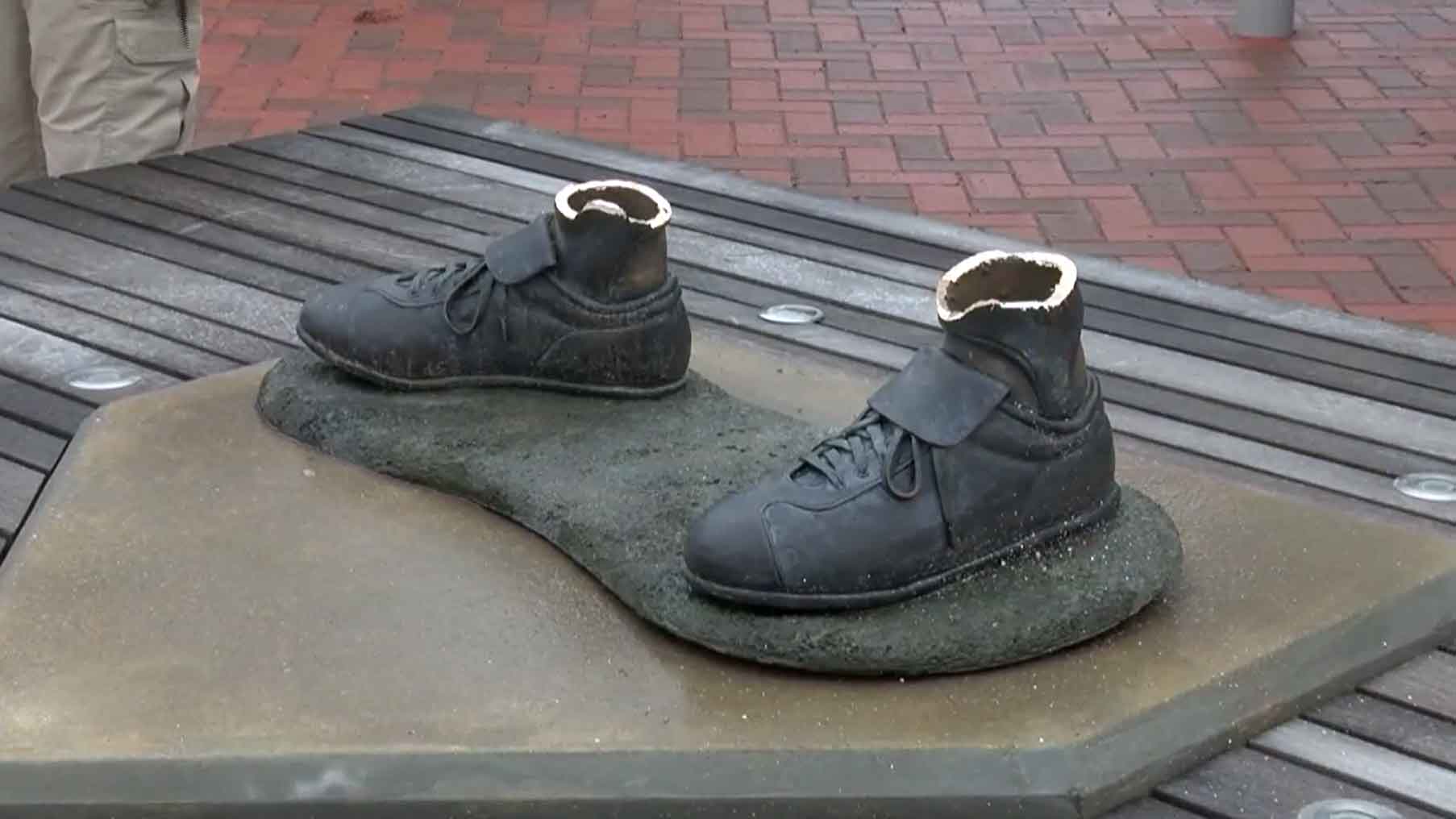What to Know
- Castro had originally said he would leave office after his second term was up on the original election date.
- His first vice president, Miguel Diaz-Canel, is thought to be the frontrunner to win the next election when it is held.
Cuban leader Raul Castro will remain in power for several more months than planned after a new date has been set for elections in the country.
The Cuban government announced it has postponed the date of their presidential and new assembly election, originally scheduled for Feb. 24. Castro, 86, had originally said he would leave office after his second term was up on the original election date.
The National Assembly announced through state media that its current term would run through April 19 instead of ending in February because the impact of Hurricane Irma in September had delayed the start of the political cycle.
The National Assembly's announcement did not explicitly say that Castro would remain until April but the current council of state is also remaining until then, meaning Castro will retain his position as its head barring extraordinary action to replace him. The announcement did not mention any such action.
Many Cubans and outside observers expect Castro to be replaced as president by First Vice President Miguel Diaz Canel, 57, who has promised to continue Castro's policies. Those policies include allowing the slow and limited introduction of private enterprise into Cuba's centrally planned economy, while maintaining a single-party system and tight government control of virtually all aspects of life on the island.
Castro is expected to retain his position as head of the Communist Party, which sets the parameters of government policy and overall direction of the country.
U.S. & World
Castro took over from his brother Fidel Castro after the revolutionary leader and founder of the current Cuban system fell ill in 2006. Raul Castro began a series of domestic reforms that included the spread of internet and cellphone access, freedom to travel for most Cubans and the ability to buy and sell cars and houses.
He also oversaw the reestablishment of diplomatic relations with the United States, a detente that was shaken by the election of Donald Trump as U.S. president last year.
Trump re-imposed restrictions on Americans' ability to travel to Cuba, cutting into a tourism boom that had helped buffer the island's economy against a decline in trade with socialist ally Venezuela.
The Cuban government said Thursday that after a recession in 2016, the economy grew 1.6 percent this year, a better performance than expected due largely to a 4.4 rise in income from tourism, along with smaller increases in transport, communications, agriculture and construction.



